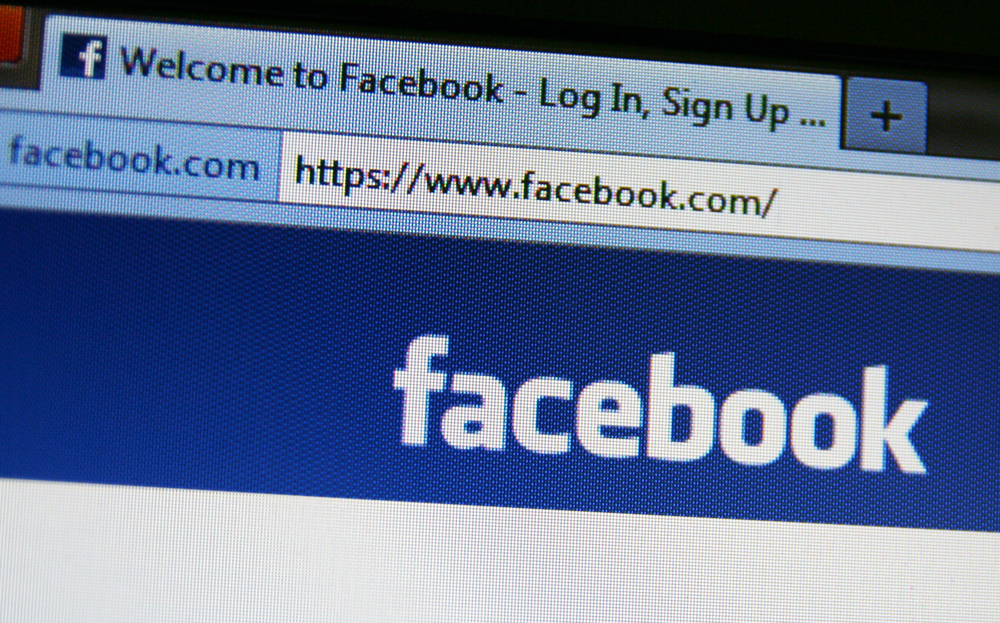Health Consumers Don't Give Back Online

People consulting the Internet for health information and advice take what's presented, but rarely give back by posting their own reviews or experiences, new research finds.
This pattern could be skewing the "wisdom of the crowds" about doctors, hospitals and treatment options, said study researcher Rosemary Thackeray of Brigham Young University.
"If more people are contributing to the dialogue, we have maybe better information," Thackeray told LiveScience. "Versus with fewer people, it might be less reliable, more biased."
An estimated 60 percent of people go online looking for health information, and social media is a part of that picture. Social sites include not just the big names like Facebook and Twitter, Thackeray said, but forums, discussion boards and health-specific sites such as PatientsLikeMe. [Read More: Health Insurance Reviews]
Thackeray and her colleagues analyzed data from the 2010 Health Tracking Survey, part of the Pew Internet & American Life Project. As part of the telephone survey, 1,745 adults who said they look up health information online answered questions about the sort of information they sought and posted.
The results revealed that 41 percent consulted consumer reviews of doctors, hospitals and treatments, and 32 percent used social media as part of their research. But only 10 percent posted health-care reviews of their own, and 15 percent posted comments, questions or information in response to others' queries.
"People were consuming information a lot more than they were actually contributing to the dialogue," Thackeray said.
Get the world’s most fascinating discoveries delivered straight to your inbox.
Women were more likely than men to go online looking for health information, which is not surprising, as women tend to be the health-care decision makers in families, Thackeray said. Higher-income people, younger individuals and urban or suburban dwellers were also more likely than poorer, older and rural groups to go online. People with a regular health-care provider and health insurance were also more likely to seek health information online, probably because they have more health-care choices, Thackeray said.
"Some of those demographics mirror who is actually using social media anyway, so you're not finding a lot of older people posting online or consulting online even though they have more health conditions," she said.
Finally, people with chronic diseases were twice as likely as those without to seek health information online. The findings appear online in the Journal of Medical Internet Research.
Inaccurate and biased information is always a concern online, Thackeray said, but there are advantages to seeking out social media input about health — and reasons to encourage more people to contribute.
"Take what you find online from family and friends, combine that with what you know from your health-care provider," she said. "Together, with all that information, you can become a more informed health-care consumer and make the best decisions for your health."
Follow Stephanie Pappas on Twitter and Google+. Follow us @livescience, Facebook & Google+. Original article on LiveScience.com.

Stephanie Pappas is a contributing writer for Live Science, covering topics ranging from geoscience to archaeology to the human brain and behavior. She was previously a senior writer for Live Science but is now a freelancer based in Denver, Colorado, and regularly contributes to Scientific American and The Monitor, the monthly magazine of the American Psychological Association. Stephanie received a bachelor's degree in psychology from the University of South Carolina and a graduate certificate in science communication from the University of California, Santa Cruz.


